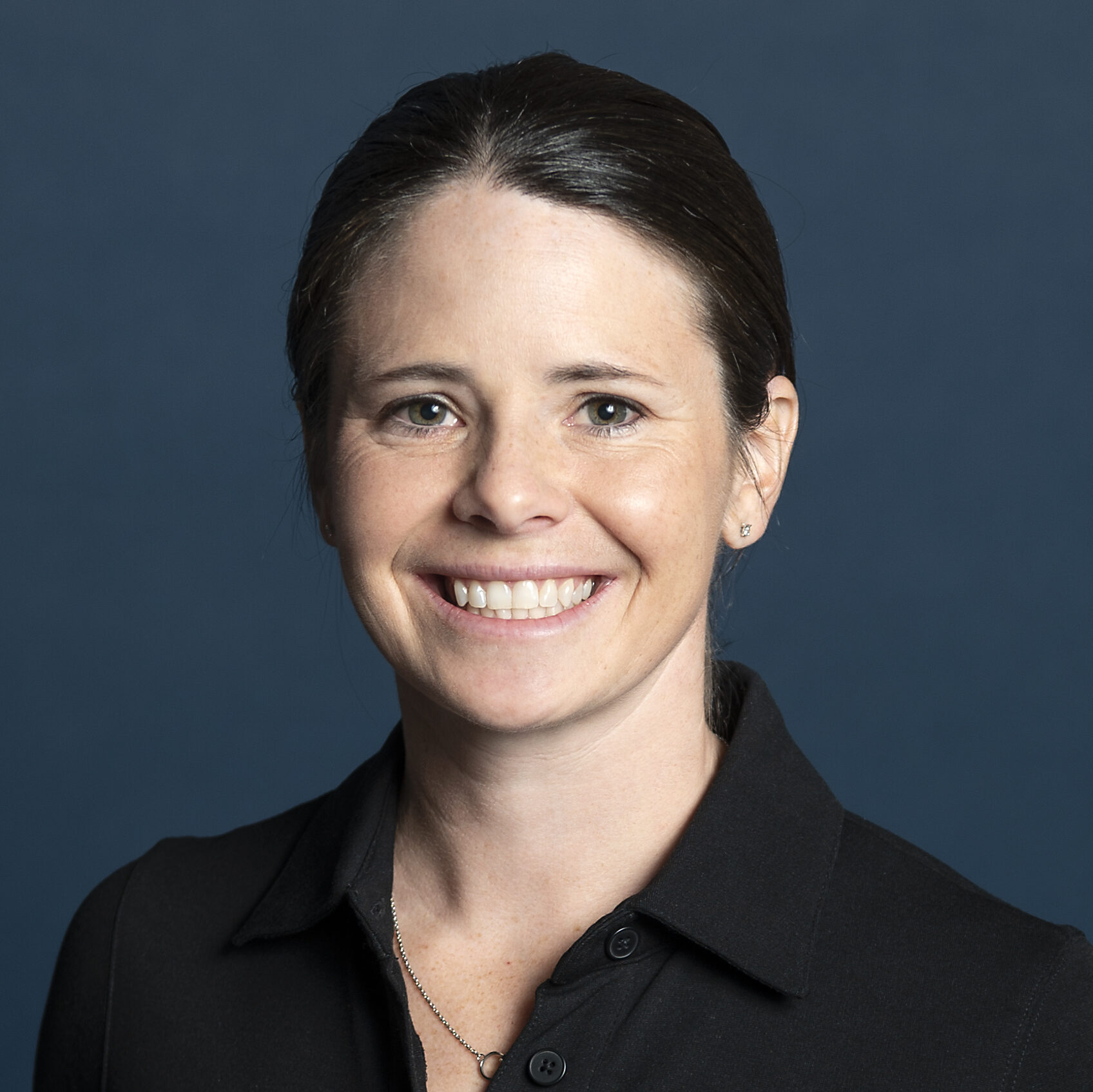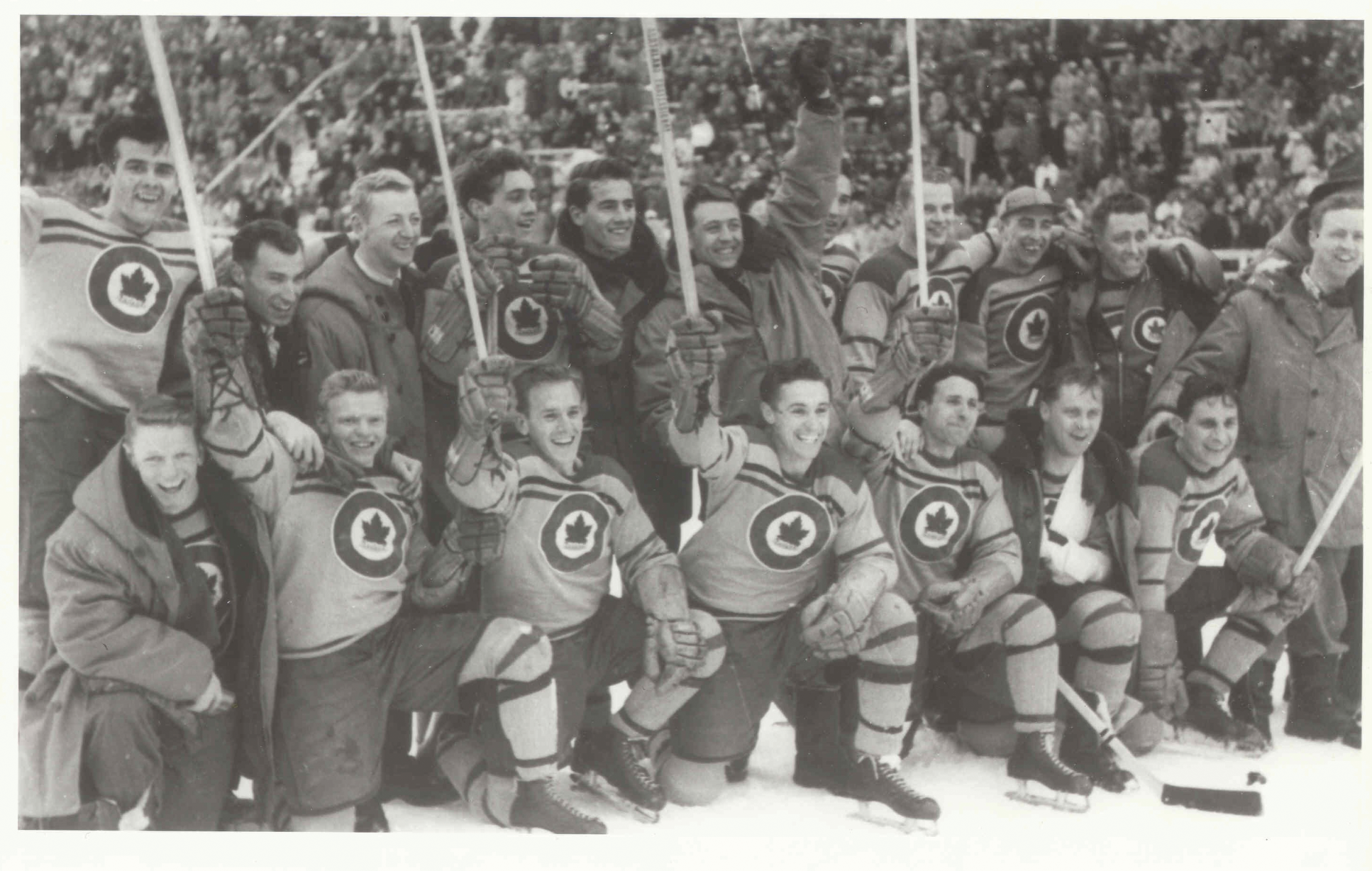By Wendy Helfenbaum
Diana Matheson, founder and chief growth officer of Canada’s new professional women’s soccer league, the Northern Super League (NSL), debuted the inaugural 25-game season in April. We asked Matheson how this significant milestone for women’s sports in Canada came to be and how it will create pathways for future players.
How have you leveraged the excitement around women’s professional sports to motivate market partnerships and boost fan engagement for NSL?
Everyone in women’s sports shares the philosophy that a rising tide raises all boats. This is such a new industry and it’s going to keep growing, so it benefits us all to build it as big and as well as we can. The PWHL and WNBA Toronto are very generous about sharing what they’ve learned. The growth of women’s leagues in Spain, England, Mexico and the US also helped us get a league started here.
Things like attendance and television viewership data, and franchise and expansion value out of the NWSL (National Women’s Soccer League), helped us build the commercial case for investors and sponsors. Lots of people believe in us and are willing to get on board.
How have lessons learned by other women’s leagues helped shape your strategy?
Ten years ago, women’s pro sport wasn’t treated like a business. It wasn’t invested in, or marketed, or put on TV. Then people complained no one was watching women’s sports and that it loses money. Of course, in men’s sport—or any business—you must invest for it to grow. You want to get it in front of as many Canadians as possible, not just women’s soccer fans.
Under the NWSL, we saw that anywhere you put a stadium outside the city centre, you’d have attendance at 4,000 people and you never grew. You need to be in city centres, which for us is a huge problem in Canada because there are simply not enough stadiums here yet, but that was a learning for us.
How have you overcome the main challenges of starting the league?
We thought the strongest business case was to be an independent league, which meant going the entrepreneurial route. There’s been a lot of stress and uncertainty over the previous two and a half years, and I leaned on what I’d leaned on as an athlete: I had a clear vision of where we were trying to go. I also surrounded myself with people who were smarter and more experienced and built a strong team.
How will the league develop the talent pool?
Rather than having a couple teams join a US league, building a league in Canada was the clear answer for us. We have the third-largest player pool in the world for registered girls and women that play soccer. We already have international success and one of the most progressive fan bases and cultures in the world that support girls and women in sport.
We want to win a World Cup in Canada, so we have to provide high-performance professional pathways for more girls and women, and create more jobs for players, coaches, referees and businesswomen in sport to compete against the best leagues in the world.
What do you expect the legacy of the NSL to be?
The NSL can be a top women’s professional soccer league in the world. So, this is about building one of the best industries in women’s professional sport, providing inspiration, visibility and jobs for players on the field, coaches and referees, and for fans to join a community they maybe hadn’t felt welcome in before. Part of the legacy is creating that industry and the next generation of women’s leaders in this country.
About Diana Matheson
- Two-time Olympic Bronze
medalist (soccer) - Founder, Northern Super League
- Co-founder and CEO of
Project 8 Sports Inc. - Executive MBA, Smith School of
Business, Queen’s University
Published March 2025




